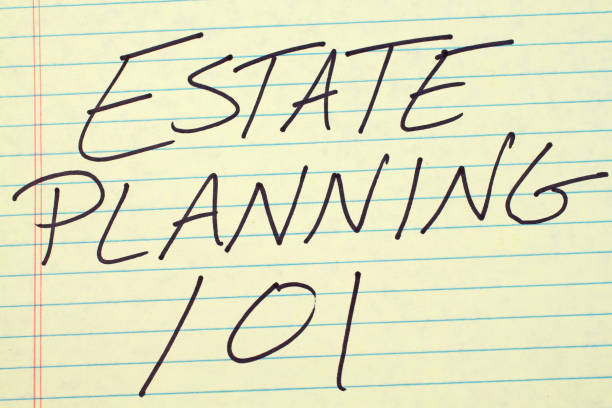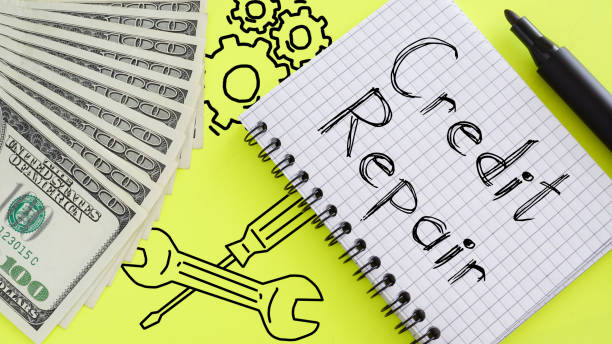The Real Cost of Bad Credit

Why ignoring your credit can cost you more than you think—and what to do about it.
Your credit score isn’t just a number—it’s a reflection of your financial trustworthiness. But when that number dips into poor territory, the consequences ripple far beyond just being “denied for a loan.”
At Money Tree Financial Services, we help individuals and families take back control of their credit because we know that bad credit is expensive. Let’s break down the true cost—and what you can do to avoid or fix it.
1. Higher Interest Rates on Loans and Credit Cards
When your credit score is low, lenders view you as high-risk. That means you’ll pay more for the same loan than someone with good credit.
Example:
If you borrow $20,000 for a car with bad credit, you could pay thousands more in interest over the life of the loan compared to someone with good credit.
The Fix:
Improve your credit score by paying on time, reducing your debt-to-credit ratio, and disputing errors on your credit report.
2. Difficulties with Housing and Renting
Landlords often pull credit reports before approving rental applications. A low score can result in being denied housing or required to pay a much higher deposit.
The Fix:
Build trust with landlords by showing proof of income, offering references, or improving your credit before applying. We can help you craft a rental-friendly financial profile.
3. Higher Auto Insurance Premiums
Yes—it’s true. In many states, insurance companies use your credit score to calculate your auto insurance rate. Lower credit can mean higher premiums.
The Fix:
Work with a credit repair specialist to improve your score—and shop around for insurance providers who offer fairer credit-based pricing.
4. Missed Job Opportunities
Certain employers run credit checks as part of their hiring process, especially for roles involving money or sensitive data. Poor credit could raise red flags—even if you’re otherwise qualified.
The Fix:
Be proactive. If you know a credit check is part of the process, explain your financial history upfront and show how you’re actively improving your situation.
5. Security Deposits and Fees You Could Avoid
Bad credit often means higher deposits for utilities, cell phones, or even securing a bank account. You may be forced into prepaid plans or denied services outright.
The Fix:
Even small improvements to your score can reduce these costs. Start by paying your bills on time, keeping credit utilization under 30%, and monitoring your credit monthly.
6. Stress, Missed Goals, and Lost Opportunities
Financial stress affects your mental health, relationships, and long-term plans. Bad credit can delay home ownership, business launches, or sending your kids to college.
The Fix:
The sooner you take action, the sooner you’ll see results. Don’t wait for things to spiral. Let us help you create a step-by-step credit recovery plan.
The Bottom Line: Credit Isn’t Everything—But It Touches Everything
You don’t have to live with the weight of bad credit. With the right tools, education, and support, you can rebuild. And every step you take today can lead to better financial health tomorrow.
At Money Tree Financial Services, we offer:
- Credit repair and dispute services
- Financial coaching
- Identity monitoring
- Credit-building tools and education
Take the first step toward better credit today.
Schedule a free consultation with a Money Tree credit specialist and plant the seeds of your financial comeback.






Responses